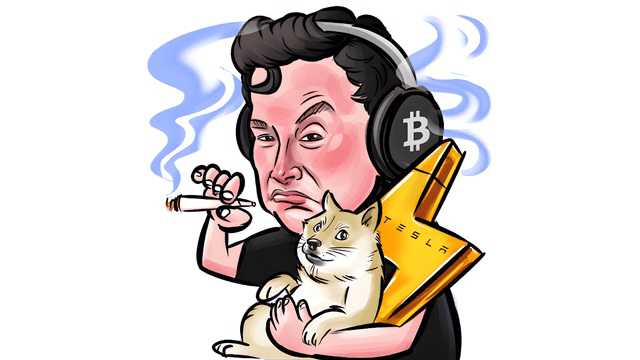
Elon Musk#Musk has abandoned plans to create his own party 'America', deciding instead to support Vice President JD Vance in the 2028 presidential election. This was reported by The Wall Street Journal, citing sources familiar with the billionaire's plans.
The tech mogul quietly shelved his ambitious project to form a new political force, which he announced last month after a fallout with the White House. The reason is as simple as two plus two — Musk realized that his brainchild could siphon votes from Republicans and undermine their chances of victory. And it could also spoil his relationship with Vance, with whom he has reportedly been actively in contact over the past few weeks.
The richest person on the planet has already informed his closest circle of his readiness to financially support Vance if he decides to run for president in 2028.
Musk's decision has become a real gift for the Republican Party. The billionaire had threatened to target key seats in next year's midterm elections, including those of some Republican legislators. Now that threat has been lifted.
By the way, Polymarket users predict an interesting outcome for the 2026 midterm elections: the Senate will go to the Republicans, while the House of Representatives will go to the Democrats. A classic American swap.
The story of the 'America' party grew out of a heated exchange between Musk and President Trump last July. The point of contention was a massive spending bill, which the head of Tesla vehemently opposed.
The bill, with the loud title One Big Beautiful Bill Act, is expected to increase the US national debt by $3.3 trillion over the next decade. Musk perceived this as a direct attack on the work of his Department of Government Efficiency, whose goal is to cut government spending and reduce the national debt.
Trump did not hold back, calling Musk 'off the rails' for his desire to create a new party. The public spat between the two titans became a real political show.
Tesla shareholders also did not appreciate their CEO's political ambitions — the company's stock fell by more than 20% when Musk conducted a poll on X in June about creating a new party.
Currently, Polymarket users estimate Vance's chances of receiving the Republican nomination in 2028 at 53%. The likelihood of his victory in the presidential election itself is at 28%, putting him ahead of California Governor Gavin Newsom with his 18%.
Musk is betting on a proven strategy — supporting a promising candidate rather than building a political structure from scratch. The reasoning is clear: why reinvent the wheel when you can just buy the fastest one?

